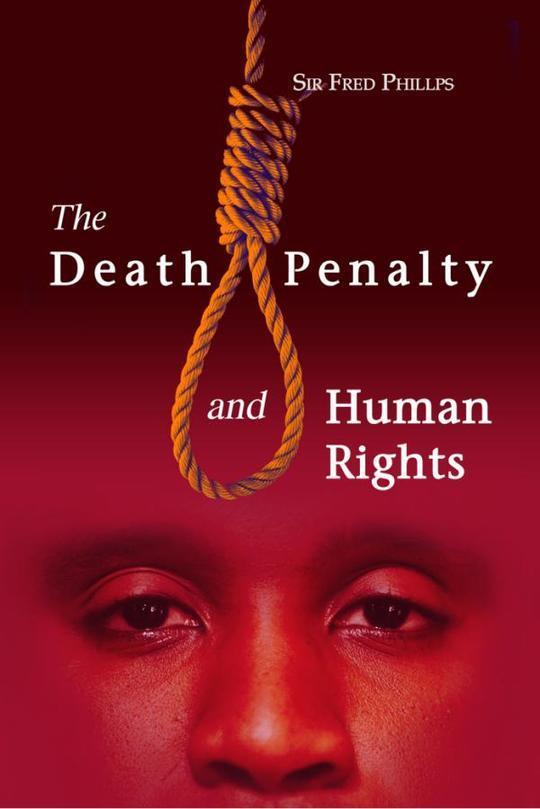
The Law and Constitution for Every Jamaican
US$ 19.95
The publisher has enabled DRM protection, which means that you need to use the BookFusion iOS, Android or Web app to read this eBook. This eBook cannot be used outside of the BookFusion platform.
Description
Contents
Reviews
Language
English
ISBN
978-976-96925-0-3
Foreword
1. Introduction
Notes
2. The Law and Legal Systems of the World
Definition of Law
Legal Systems of the World
The Common Law Legal System
The Civil (or Continental) Legal System
The Socialist Legal System
The Religious Legal System
Conclusion
Notes
3. How Jamaica Received Its Legal System
The Taínos
The Spanish
The English
Reception Rules
The Maroons
English Constitutional Law
Parliamentary Supremacy
The Rule of Law
Conventions
Judicial Independence
Notes
4. Constitutional Development and the Road to Independence
The Early Years, 1655–1664
The Period Sugar Was King, 1664–1834
Emancipation and beyond 1834–1865
Crown Colony Government (1866–1944)
Universal Adult Suffrage, and the Road to Independence (1944–1962)
Independence (1962–the present)
Conclusion
Notes
5. Sources of Jamaican Law
The Constitution
Legislation
Case Law (and Equity)
Custom
International Law/Conventions
Conclusion
Notes
6. The Constitution of Jamaica
Chapter I (Sections 1 and 2)
– Preliminary
Chapter II (Sections 3–12)
– Citizenship
Chapter III (Sections 13–20)
– Fundamental Rights and Freedoms
Chapter IV (sections 27–33)
– The Governor-General
Chapter V (sections 34–67)
– Parliament
Chapter VI (sections 68–96)
– Executive Powers
Chapter VII (sections 97–113)
– The Judiciary
Chapter VIII (sections 114–122)
– Finance
Chapter IX (sections 123–134)
– The Public Service
Chapter X (sections 135–138)
– Miscellaneous
Conclusion
Notes
7. The Trial Process
Courts of Criminal Law
Courts of Civil Law
Rules of Evidence
Evidence in Chief, Cross-Examination,
and Re-examination
Expert or Forensic Evidence
Public Right to Attend Court
Result of Trial
Contempt of Court
Alternative Methods of Dispute Resolution
Conclusion
Notes
8. Other Institutions of Governance
Trade Unions
The Jamaica Constabulary Force
The General Legal Council and
The Legal Education Authority
Corporations and Unincorporated Associations
Registrar of Companies
Registrar of Births and Deaths
Registrar of Titles
Office of the Ombudsman and
Public Defender
Political Ombudsman
Contractor General/Integrity Commission and
the Committee for the Prevention of Corruption
Independent Commission of Investigations
Consumer Affairs Commission
Firearm Licensing Authority
Rent Board
Transport Authority and the
Island Traffic Authority
The Adoption Board
Children’s Advocate
Office of Utilities Regulation (OUR)
Electoral Commission
Jamaica Defence Force
The Government Trustee and
The Supervisor of Insolvency
Notes
9. Rights and the Rule of Law in Jamaican Society
The Origin of Rights
Law in Jamaica Today
Function of Law in Society
Role of the Attorney-at-law
Rule of Law
Conclusion
Notes
10. International Law, Law Enforcement, and The Caribbean Court of Justice
The Making of International Law
The Sources of International Law
International Law and Human Rights
The Caribbean Court of Justice (CCJ)
Conclusion
Notes
11. The Law in Action – Questions Jamaicans Ask
Notes
12. Crime, Democracy, and the Way Forward
Jamaica: Crime Capital?
Reasons for the Culture of Violence
Prescription for Change
Constitutional Change?
Conclusion
Notes
Works Cited
Acknowledgements
The book hasn't received reviews yet.











